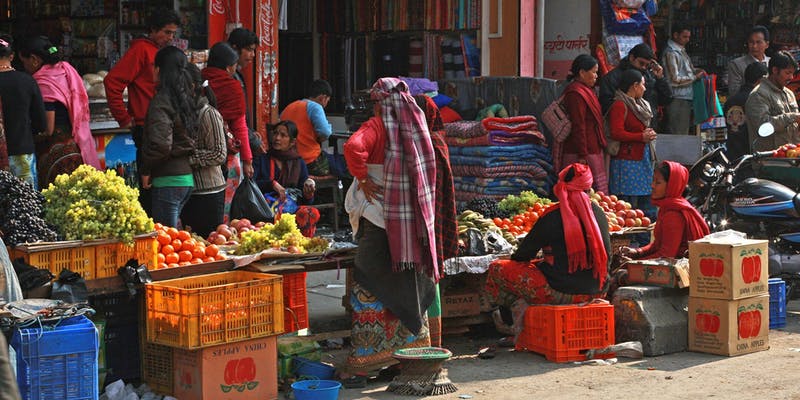Rural and Urban transformation
Urban Food Systems for Better Diets, Nutrition, and Health

Friday, 17 May 2019
12:15 pm to 1:45 pm (EDT)
IFPRI, Washington, D.C. 20005
The explosive growth of cities all over the world has led to major shifts in diets, with serious consequences for the health and nutrition of the urban poor, especially in rapidly urbanizing low- and middle-income countries in Africa and Asia.
To reverse this trend, we must take into account the realities of urban life and understand what role urban food systems and environments play in shaping food choices. For example, what are the urban poor eating, and where do they source their food—from informal markets, supermarkets, or urban gardens? And how do gender, household structure, time constraints, and personal preferences, among other things, shape these patterns? Designing effective urban food systems policies for healthier diets and optimal nutrition among the urban poor requires answers to these and many other questions. Building this evidence base—in addition to documenting, evaluating, and learning from current and past initiatives and policies—will enrich the dialogue and enhance our efforts to improve the well-being of poor urban dwellers.
IFPRI speakers will be presenting the Institute’s new research program, Urban Food Systems for Better Diets, Nutrition, and Health. Invited guests will share experiences and provide examples of ongoing initiatives, policies, and partnerships that are successfully tackling issues of urban diets, nutrition, and health among the urban poor.
Unable to attend in person? Click here to watch online.
Register here.






